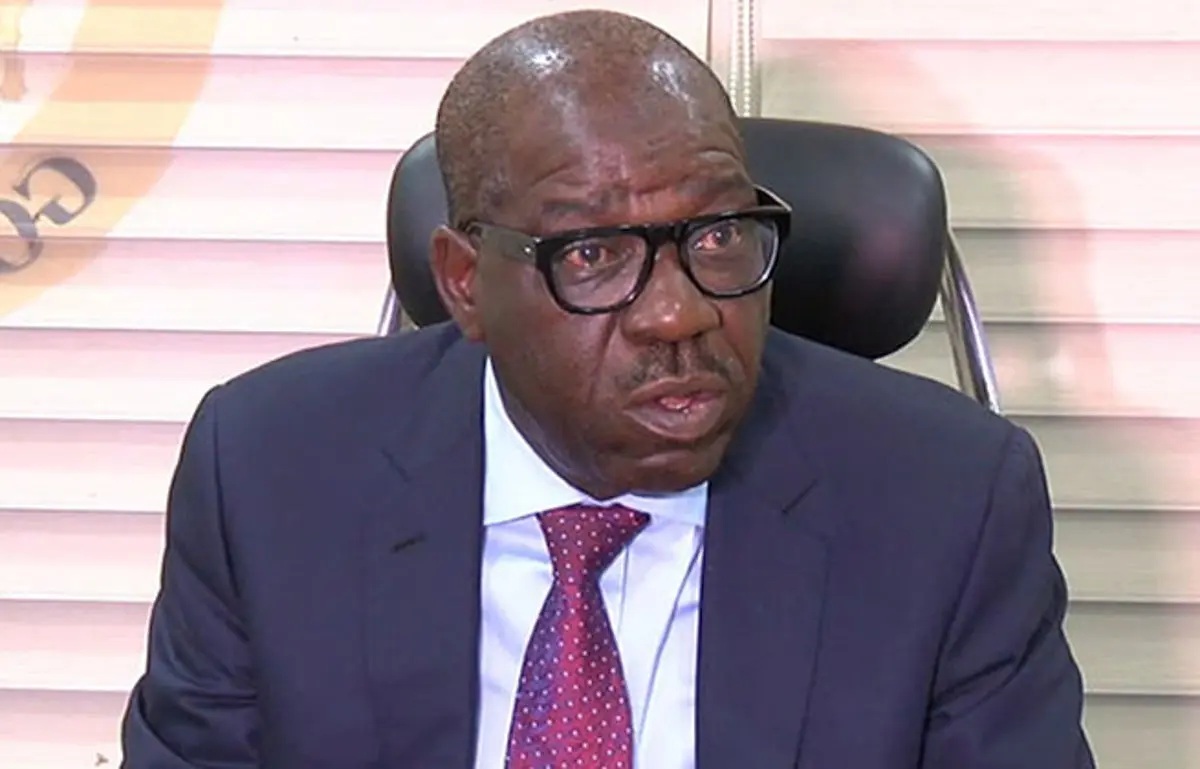Anxiety has gripped some members and supporters of Governor Godwin Obaseki of Edo State, the Peoples Democratic Party (PDP), as well as those of the All Progressives Congress (APC) and its candidate, Ize Iyamu, in the September 19, 2020 governorship election as the Federal High Court in Abuja would today (Saturday) rule on an alleged forgery and perjury case brought against the governor by the APC and a member of the party, William Edobor.
After exchange of legal fireworks on the pre-election suits, the parties on Thursday adopted their written addresses and the presiding judge Justice Ahmed Muhammed fixed today for ruling.
According to a member of the PDP and associate of Governor Obaseki, “Everybody is waiting for today as some of us are restless even though we are confident because our legal team did a good job and from my view point, they (APC) could not prove any case of forgery, so we expect a favourable ruling.”
On the other hand, a supporter of the candidate of the APC candidate in the election, and member of the party said “With what we have presented before the court, we are 99 per cent sure of victory.”
Meanwhile, Ize-Iyamu, has appealed the judgment of the Edo State High Court that nullified his candidacy over alleged false information presented to the Independent National Electoral Commission (INEC) by his running mate, Hon. Gani Audu.
The Edo State High Court sitting in Benin City and presided over by Justice Helen Courage-Ogbebor delivered the judgment last Wednesday following a suit brought by Sunday Kadiri from Ogbona ward, in Etsako Central Local Government Area of the state.
A similar case was three weeks ago dismissed by a Federal High Court in Abuja for lack of merit and a cost awarded against the PDP in favour of the APC.
In a notice of Appeal marked B/358/2020 through his counsel, K.O. Obamogie, Ize-Iyamu prayed the Appeal Court to set aside the judgment of the Edo State High Court on the grounds that the suit filed by Kadiri is statute-barred, academic, and of no utilitarian value to him.
Citing relevant constitutional provisions, including precedents set by the Supreme Court in previous similar cases, he argued that “a pre-election suit becomes academic where the defendants lost the election and fail to challenge the outcome thereof in an election tribunal.”
He said even though the case was statute-barred, the claimant also failed to prove his case beyond doubt and should be dismissed.
